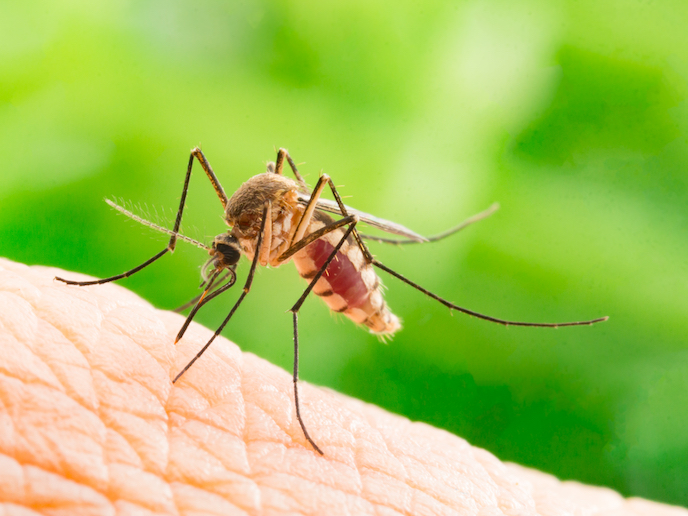The molecular landscape after sleepless nights
The EU-funded SLEEPNEED (Cortical neuronal mechanisms of behavioural and cognitive deficits after sleep deprivation) project performed behavioural, electrophysiological and pharmacological experiments. The aim was to investigate behavioural, sensory and cognitive changes resulting from lack of sleep. The team set up the state of the art Sleep and Behaviour Laboratory(opens in new window) at the university of Oxford on the basis of SLEEPNEED’s successful research. Researchers developed a new visual discrimination task to investigate the complex effects of previous sleep-wake history on behaviour, learning and brain activity. Applied to young and older mice, they observed characteristic changes in network activity such as decreased functional connectivity between local cortical regions. New results will help answer the controversial question of age-dependent changes in sleep regulation. During repetitive actions like wheel running, the mice showed increased duration of wake bouts while overall cortical activity was reduced. This indicates that automatic waking may have a lower metabolic cost, resulting in the slowing down and reduction of sleep need or sleep debt. Computer modelling was harnessed to study process S, the pressure on the body compelling sleep. Work is still in progress with researchers looking at mouse sleep mutants and the changes in play at neuron and molecule level that alter sleep homeostasis. Knockout mice lacking glutamate receptor subunit A1 (GluA1) had substantially reduced spindle activity in intense bursts of brain activity in stage 2 sleep. As GluA1 is linked to schizophrenia and depression, the new GluA1 mouse model has revealed a link between a sleep phenotype and psychosis. Diazepam and Valium reduce EEG slow wave activity and increase sleep spindles. SLEEPNEED investigated the effects of diazepam on cortical neuron activity and surprisingly there was little change even though there was virtually no neuronal ‘off’ time. A decent sleep is crucial for psychological health and even safety at work. SLEEPNEED research results have broadened the knowledge about sleep deprivation and how behaviour is impaired. High profile publications, Nature Communications(opens in new window) and Nature Reviews Neuroscience(opens in new window) feature the project’s ground-breaking finds.







